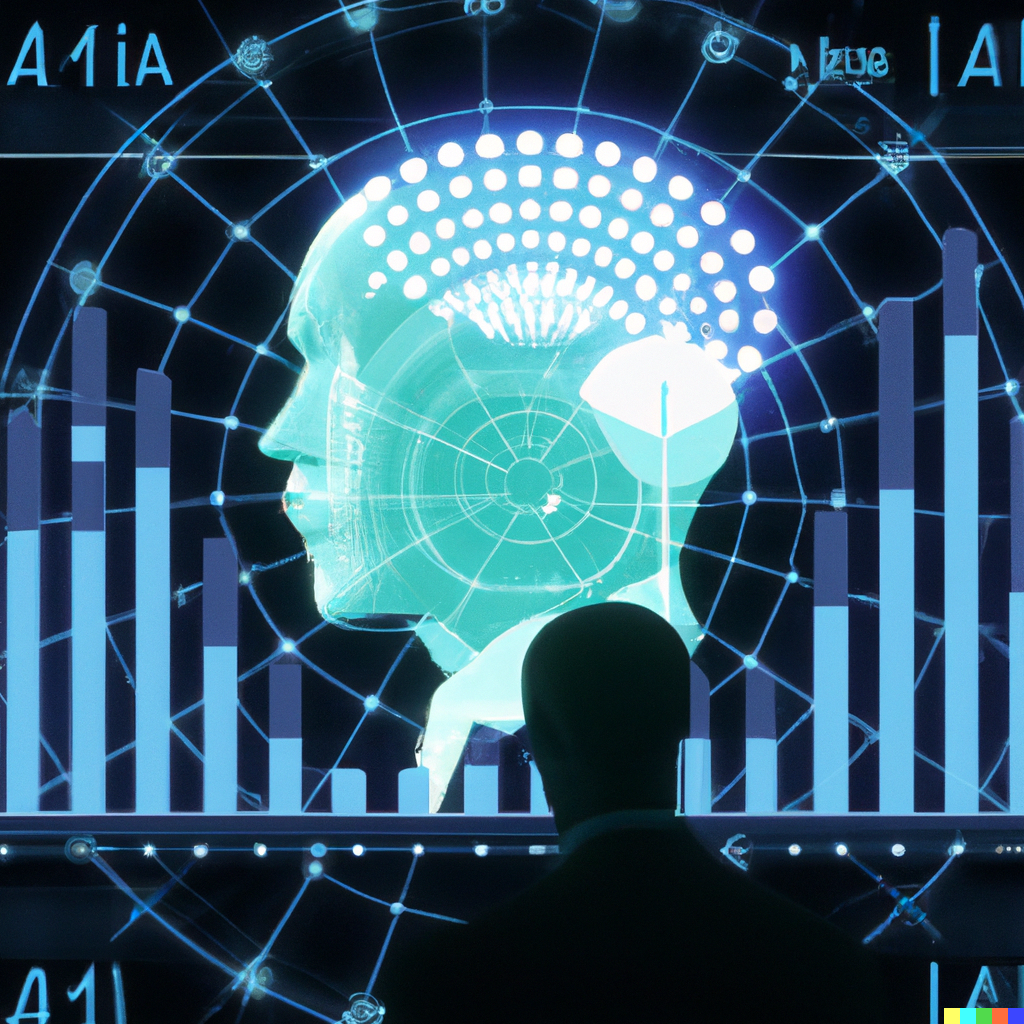AI's Transformative Impact on the U.S. Economy: A Disagreement Between Kevin O'Leary and Gregg Kell
AI's Transformative Inpace on the U.S. Economy

The recent Fitch Ratings downgrade of U.S. debt has ignited discussions about the state of the American economy on Wall Street. Fitch lowered the U.S. debt rating from AAA to AA+, only the second time in history. While some, like Warren Buffett and JPMorgan Chase CEO Jamie Dimon, remain confident in the U.S. economy and starting a quality online business, Canadian entrepreneur Kevin O'Leary holds a more pessimistic view.
O'Leary strongly believes that the Fitch downgrade signals a loss of faith in the U.S. dollar and the U.S. Treasury bill. He points out that many sovereign funds primarily hold their liquidity in U.S. dollars, which has been affected by the downgrade. As a consequence, the cost of capital has risen, making it more expensive for the government to borrow money to fund deficits.
Furthermore, O'Leary attributes the downgrade to the U.S. government's actions, particularly citing the CHIPS Act and Inflation Reduction Act, both of which involve printing billions of dollars and increasing the deficit.
In contrast, Gregg Kell of Profit Growth Builders in Lake Arrowhead CA has a different perspective on the situation. He believes that AI is playing a crucial role in transforming the American economy. AI technology is reshaping industries, increasing productivity, and revolutionizing the way businesses operate.
Despite the disagreements between O'Leary and Kell, it is evident that the U.S. economy is undergoing significant changes. The impact of the Fitch downgrade will have implications for the average American, influencing interest rates, borrowing costs, and overall economic stability. As AI continues to advance, its transformative effects on the economy are likely to be felt more profoundly in the years to come.



